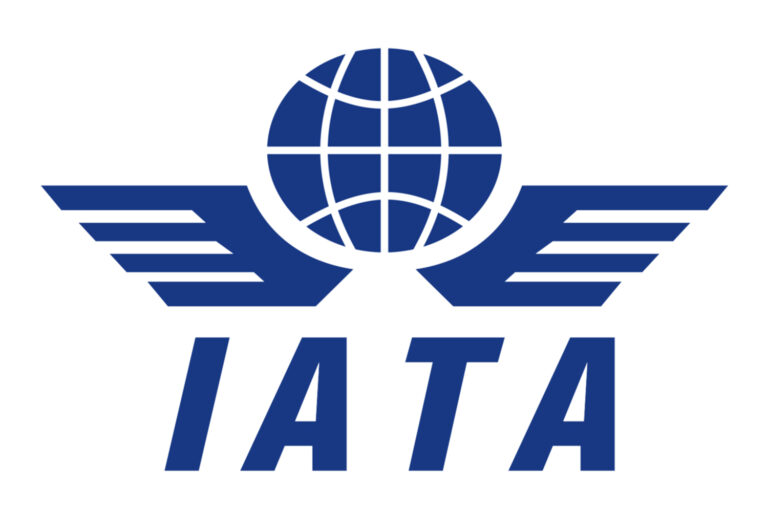Dr. Tegbar Yigzaw is a physician, public health specialist and Human Resource for Health (HRH) expert with more than 18 years of work experience with Ethiopia’s health and higher education systems. Between 2012 and 2019, he served as the Technical Director for the USAID-funded Strengthening Human Resources for Health Project at Jhpiego. Among other contributions, Dr. Tegbar supported the Government of Ethiopia to develop a national HRH strategic plan strengthen accreditation systems, establish national licensing examinations, reform curricula; strengthen internal quality assurance systems; advance faculty teaching skills, standardize and institutionalize in-service training and continuing professional development systems; and generate HRH research and evidence. Dr. Tegbar also has years of experience with Ethiopia’s higher education system as an educator, leader, advisor, and resource person. He was formerly an Assistant Professor of Public Health and Head of the School of Public Health at The University of Gondar. At present, he is an adjunct faculty at Jimma University, teaching and advising postgraduate health professions education students. He is also a member of the Ministry of Science and Higher Education Advisory Council. Dr. Tegbar received an MD from Jimma University in 2001, MPH from Addis Ababa University in 2005, Fellowship in medical education from FAIMER Institute, USA, in 2011 and PhD from Vrije University, Netherlands, in 2017. He talked to capital about the Ethiopian government preparation to fight the global pandemics coronavirus. Excerpts;
Capital: How do you evaluate the newly emerged COVID 19?
Dr. Tegbar Yigzaw: COVID 19 is a new strain disaster; we never saw such kind of disasters in our lifetime. If we ask how and why the pandemic has a capacity to damage thousands of life’s at a time, it does not give time to find the cure, the virus spreads all over the world within a short period of time. It can be said that the pandemic is resulting in the worst damages not only on the health also economically and socially after the Second World War. Within three months the virus has attacked more than a million people in 200 countries, even the developed and wealthy countries which has a strong health system are suffering a lot by the pandemic. For example if we see Italy, it is the second European country to have strong health system, but could not stand the damage of the pandemic, they are asking support from other countries.
Most of the countries are taking measures to control the virus through social distancing; countries are locking down their borders, minimize the effect since there is no cure.
Capital: How could Ethiopia minimize the effects of the pandemic? What should be done to minimize the effects and what are the challenges?
Dr. Tegbar: It is already known that the virus also gets in Ethiopia, we have found out some numbers, but it doesn’t mean the victim is only those numbers. We have such a weak health system, we don’t have the capacity both in human resources and logistics to serve thousands of patients if the pandemic spreads highly, the other thing is that we don’t have the medical supplies and protective materials to health care workers. If the virus continues to spread it will be difficult for us.
The most important thing is that we already know how the virus is transmitted from one to another, it makes it easy to do prevention to minimize the damages; the government is working with its full capacity.
Both the government and health workers are primarily acting to control the spread, especially by overseeing countries experiences who has successfully control the spread including South Korea and China, even if the virus has emerged from China the country act fast and control the newly emerging virus but if we see the USA and other European countries they are suffering a lot, they did not respond fast for the spread and prevention.
We have to make ready our health centers, health care materials medicines, protective materials. we do not have the capacity to serve lots of people at a time even the country cannot serve more than 500 critical patients both in private and government level, the virus affects breathing system so we have to be ready by preparing ventilators which are critical in treating the victims, we have to train our health workers about the virus, how it is transmitted from person to person, what should they do when they treat patients and protect themself from getting infected, cause we have a small number of health workers, we have to protect them.
If it is beyond our permanent health centers, we have to prepare additional temporary centers.
One of the measures to prevent the spread is that we have to find out the cases, the real cases and victims of the virus and quarantine them, those who have a symptom of the virus and mainly those who came from most affected countries. If someone sees the symptoms they have to isolate themself, they have to go to health centers.
And the other thing is that if you didn’t meet with the person with the virus you will never get infected, however, it is difficult to know who is affected and who is not, that is why health workers advice to stay at home and avoid public gatherings, this is not only for selected groups this is for everybody, everyone should practice it.
We have to keep our distance, avoid hand shacks and touches we have to wash our hands every 20 minutes.
Regularly and thoroughly clean your hands with an alcohol-based hand rub or wash them.
Maintain at least 1-meter distance between yourself and anyone who is coughing or sneezing. Avoid touching eyes, nose and mouth Hands touch many surfaces and can pick up viruses. Once contaminated, hands can transfer the virus to your eyes, nose or mouth. From there, the virus can enter your body and can make you sick. Practice respiratory hygiene Make sure you, and the people around you, follow good respiratory hygiene. This means covering your mouth and nose with your bent elbow or tissue when you cough or sneeze. Then dispose of the used tissue immediately. Droplets spread the virus. By following good respiratory hygiene you protect the people around you from viruses such as cold, flu and COVID-19. If you have a fever, cough and difficulty breathing, seek medical care early.
Stay home if you feel unwell. If you have a fever, cough and difficulty breathing, seek medical attention and call in advance. Follow the directions of your local health authority. The only way to prevention is meticulous our self from the virus If we all play our own role on the prevention it will be simple, studies on the virus suggests that only two peoples are dying per 100 patients, although when the number of the patient rises the number of death also rise.
One of the challenges is, because of the lack of sufficient hospitals and expertise we may focus on the cases of the virus and other patients will be forgotten, so the death may rise not only in the case of the virus but also on other patients.
Capital: Starting from the outbreak of the virus, there was check-up at airports for passengers who came from abroad, but including the first case there were certain cases found out after joining the public, how could that happen? Do you think that there will be other cases?
Dr. Tegbar: The thing is that the patient may stay normal for some days without showing the symptoms from 5 to 14 days, however, even if the symptoms are hidden the virus can still be transmitted from one to another, checking the high temperature is not the only way to find out whether he/she is a victim or not, so the passengers may seem well when they came, but sow the symptom after joining the public.
In my assumption there were two option, one was to minimize our flights especially to those highly affected countries, or to quarantine all the travelers, we are doing this but it was better if we were taking this kind of measures from the beginning.
Capital: Ethiopian medical associations and the government has formed a task force to help the control and the prevention of the virus what does it do?
Dr. Tegbar: When the pandemic starts highly spreading in the world, associations starts to move to form a task force to help Ministry of Health on the fight against the virus. The task force will help the ministry on the privation and control by assessing different global experiences, how does the virus spread what should be done, who are most masquerade to the virus.





